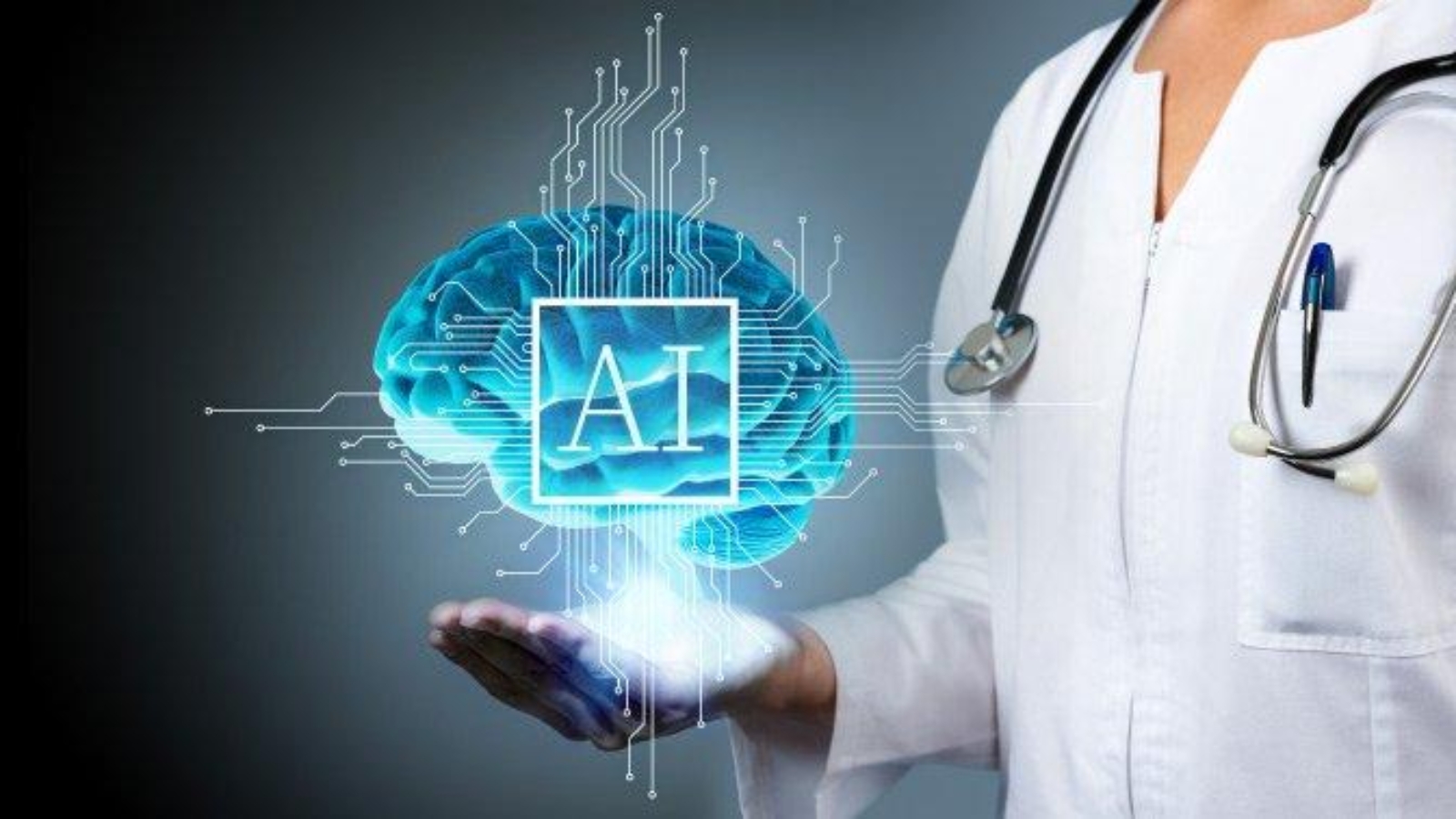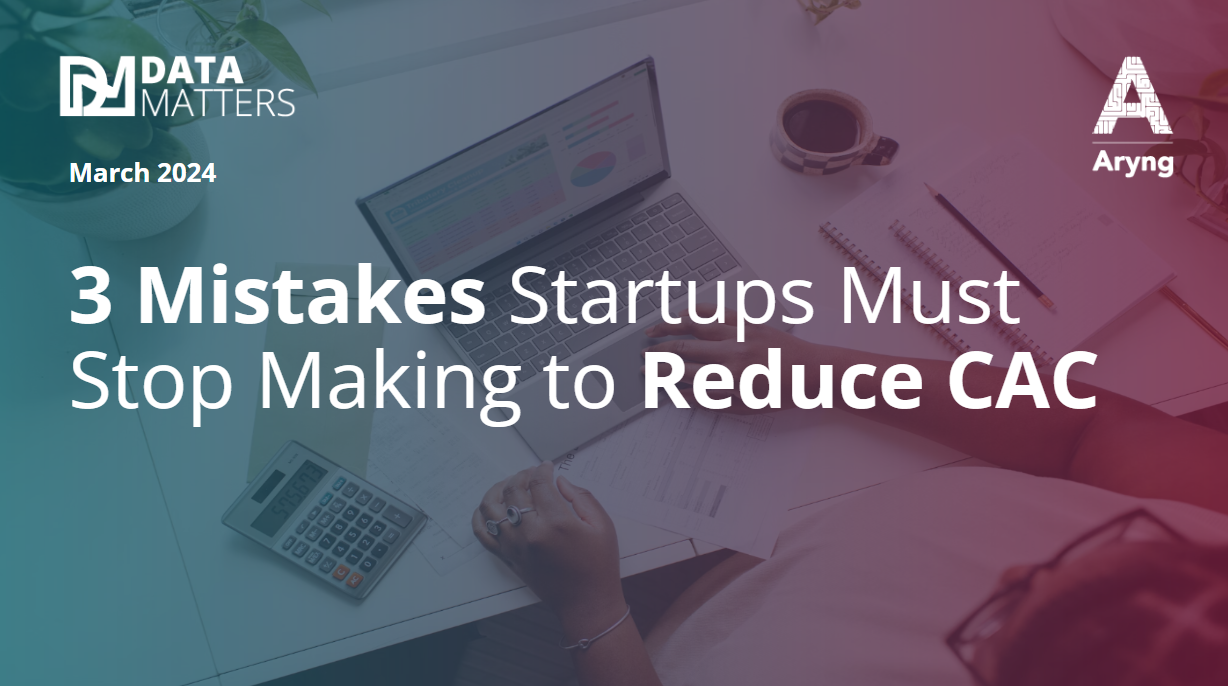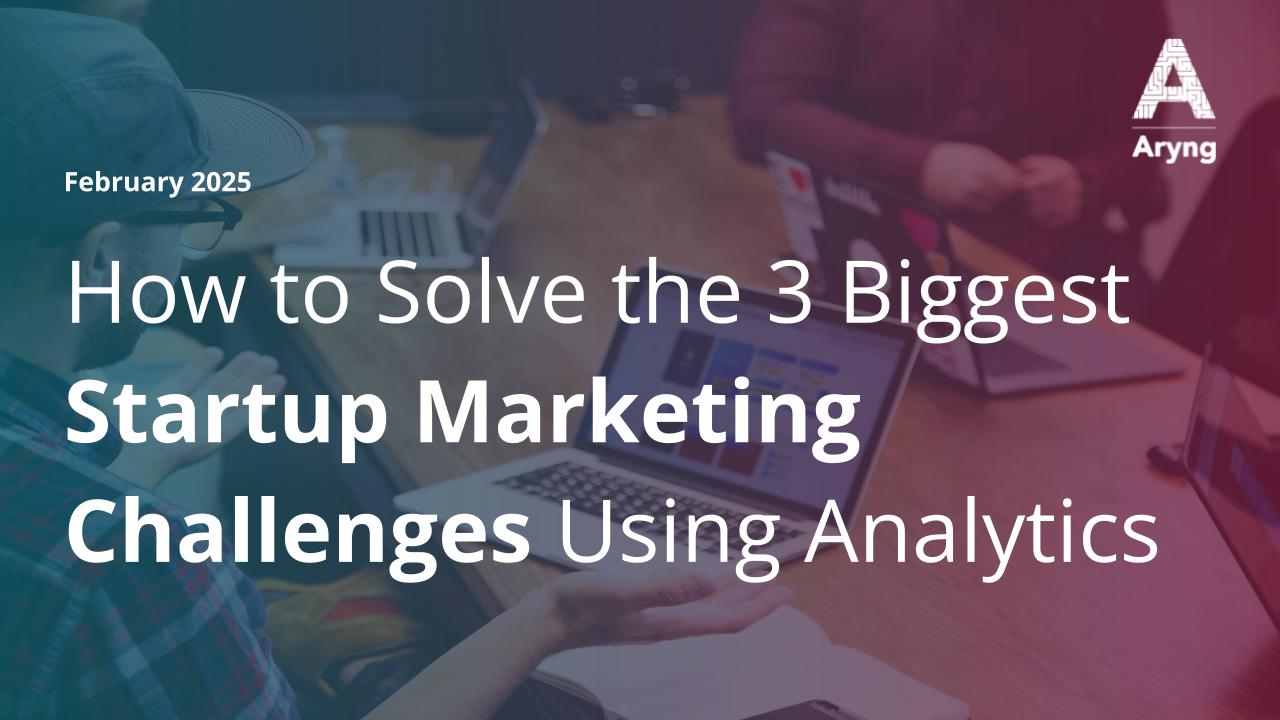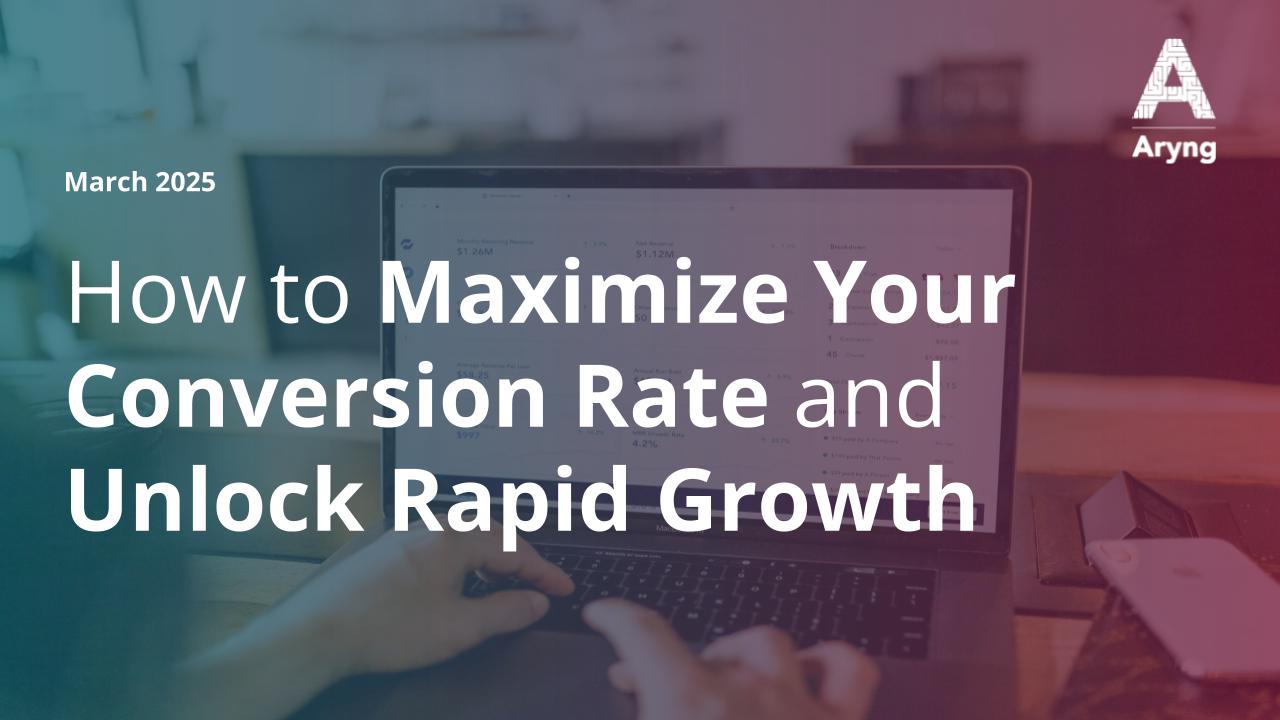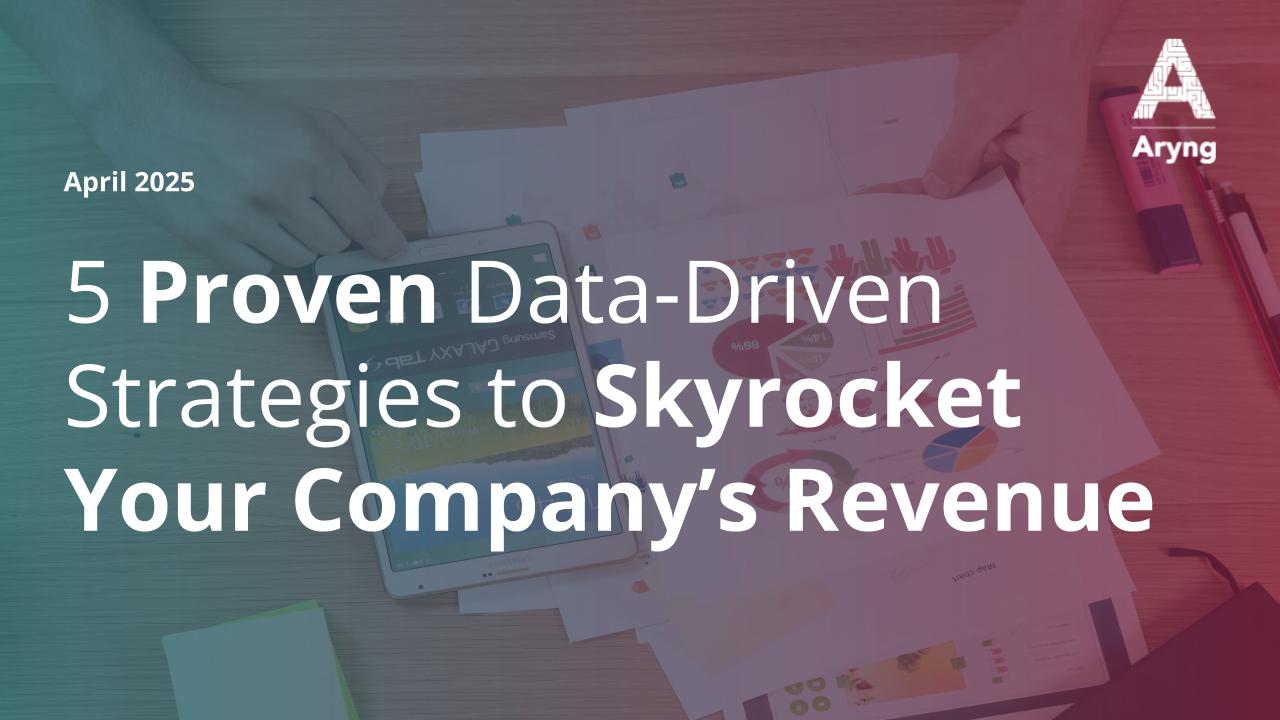Artificial Intelligence has infiltrated our lives in some way or another, even if we don’t notice it often. It is everywhere, from the pricing of goods, self-driving cars, and advertisements on websites. But, one of the most crucial applications of Artificial Intelligence, or AI, is in healthcare.
Artificial intelligence has improved the healthcare industry across its spectrums. Be it the discovery of drugs to identifying genetic markers, the research world has benefitted from deep learning models and algorithms. Creating epidemiological models or detecting diseases in human beings has become more comfortable through AI-based tools. As the volume of available medical data continues to increase at a staggering rate, artificial intelligence is poised to be the engine that drives improvements across the healthcare industry.
The diverse ways in which AI has impacted healthcare show its capacity at large to improve human lives.
Clinical trials
Machine learning-driven tools have helped design experiments and produce robust results to make clinical trials both fast and efficient. This significantly reduces the time to develop new treatments and the cost.
Medical imaging
The impact of AI on medical imaging technology is almost unquestionable. Deep learning and computer vision algorithms have improved various medical imaging methods such as CT, MRI, and ultrasound scans, among many others.
Drug discovery
Machine learning and deep learning technologies have discovered pharmaceuticals quicker, cheaper, and more effective. Since the estimated price of developing a new treatment has been pinned to a staggering US$2.6 billion, the impact of machine learning and deep learning can be significant in manufacturing newly-created drugs cheaper and more accessible.
Medical devices and machines
In hospitals and other similar environments, smart devices are essential for monitoring patients. Using artificial intelligence to enhance the ability to identify deterioration, suggest that sepsis is taking hold, or sense the development of complications can significantly improve outcomes and may reduce costs related to hospital-acquired condition penalties.
Predicting health risks
This is another arena where machine learning models have a direct impact. Diseases that are almost always fatal if detected later but can be treated early on can significantly benefit early predictions. Cancer predictions and cardiovascular health risks are some of the areas where active research has been going on.
Above are just a few examples of the impact of AI-based tools helping improve the healthcare industry. From doctors, emergency responders to pharmaceutical researchers – everybody can benefit from AI if the right tools are developed.
At Aryng too, we have successfully collaborated with clients from the healthcare industry. With BADIR, the AI models developed are more efficient and explainable. This is very important for healthcare, where decisions have high stakes.

